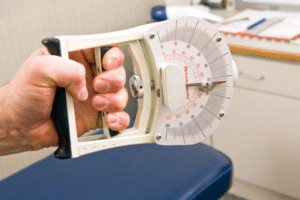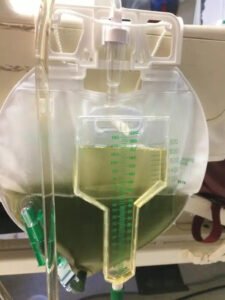Abstract
Renal salt-wasting disease (RSWD) is a rare process characterized by hyponatremia and extracellular fluid volume depletion. This case study details the management of a patient with severe hyponatremia found to be secondary to RSWD. We aim to highlight the challenges in diagnosing, treating, and monitoring RSWD in the intensive care setting, including differentiating RSWD from other hyponatremic pathologies with similar clinical presentations. In this case, we achieved treatment success using multi-modal therapy that included sodium chloride tablets, fludrocortisone, and ibuprofen to restore eunatremia.
Keywords
Renal salt-wasting disease, Management, Acute and chronic hyponatremia, Multi-model therapy, Treatment.
Introduction
Renal salt-wasting disease (RSWD) is a complex clinical entity often mistaken for the syndrome of inappropriate antidiuretic hormone secretion (SIADH) and cerebral salt-wasting disease (CSWD) due to overlapping symptoms and frequency of diagnosis. 1 RSWD is characterized by excessive renal salt wasting, resulting in hyponatremia and intravascular volume depletion, with altered mental status as a symptom of severe disease. 2 Differential diagnosis and appropriate management are crucial to prevent complications associated with RSWD, such as cerebral edema, seizure, coma, and arrhythmias. In this case study, we present a patient with RSWD, focusing on the diagnostic approach and treatment strategies during his care.









